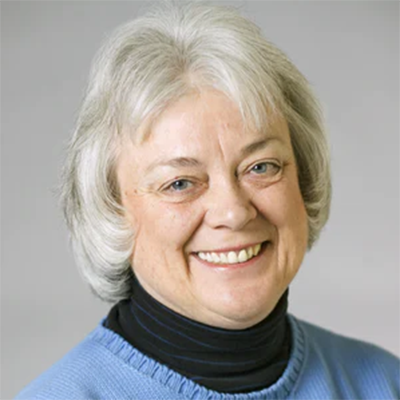Opinion: You have to go there to know there; worth reiterating
- Oops!Something went wrong.Please try again later.
- Oops!Something went wrong.Please try again later.
- Oops!Something went wrong.Please try again later.

Recently, out-of-town friends and I went to Biltmore and found that the cheapest ticket is now over $100, so we saw the free, dated, and relatively uninformative four-minute film in the building that sells the tickets. And we left for the Thomas Wolfe House, where a ticket for the tour of the Boarding House costs $5. The man on duty this day told me they sell about 8,000 tickets a year — and maybe about 20,000 come and wander about the small but well-done display of artifacts. They also sell about 350 copies per year of Wolfe’s first book "Look Homeward, Angel." Thomas Wolfe attracts in a year what the Biltmore greets on an average day. Over in Atlanta in the apartment where Margaret Mitchell wrote "Gone with the Wind," the gift shop sells her book. I guess people like to buy the book in the place from which it comes. We have no records, of course, on the number of people who actually read those books they buy in the author’s homes, but perhaps having the book around the house is a reminder of the trip they once took to that author’s home. Some years ago, when I visited Red Cloud, Nebraska, to see Willa Cather’s childhood home and the town and its people that were inspiration for many of her novels, the tour guide told me that her books are no longer taught in the local high school and gather dust on the library shelves.
What makes an author fall out of favor? One reason: Teachers stop teaching their books. Wolfe used to be taught in college classes, most likely for English majors, who would then teach the book to their students, having become taken with Wolfe’s prose. Will Wolfe return to favor one day? Probably not – until he is rediscovered by someone who will start that affection for his words all over again. I was never taught Wolfe in college or in graduate school; later I became the person who taught the Literature of the American South at my University. I never taught Wolfe; I had never read Wolfe.
Later when I retired and moved to the Asheville area, I read "Look Homeward, Angel" with my book group. After we discussed the book in the morning, we came to town and toured the Boarding House. There is something special about talking in the morning about the fictional Wolfe’s brother Ben not wanting his mother to come into the room in the Boarding House where he lay near his death, but she does anyway; and standing that afternoon in the very room where this death took place. You see the bed, you see how big the room is, how much light comes through the windows, and perhaps you feel, too, the presence of his mother in the place you are standing. And everything about the moment becomes imprinted in your mind. Over the years, when I return to the Boarding House with visiting friends, this moment returns, both fresher and brighter. You get to see the place itself through the words on the page.
A friend who was the first executive director of Flannery O’Connor’s home in Milledgeville, Georgia, used to say that one ought to visit the home of a favorite writer because you get to hear the same silences that your favorite writer once heard. I think of this line each time I return to Andalusia, O’Connor’s home. She is my favorite writer, and I return often to hear those silences. When I traveled to South Berwick, Maine, to sit at the same desk where Sarah Orne Jewett wrote "The Country of the Pointed Firs," I was able to look out the window and see the roads that met not far away and then I turn towards the wall behind her desk and see a photograph of what she had seen a hundred years earlier when she wrote the novel that Willa Cather once named as one of three that started American literature. Without Cather directing me to Jewett, I might not have read about Maine, might not have taken my “Jewett summer” in the season of 1996. Might never have learned from Jewett that “you have to go there to know there.” And later be surprised that Zora Neale Hurston had once said the same thing.
A few days ago, my daughter, who teaches first grade in the public schools of Portland, Oregon, sent me this text: "We finally got our shipment of books for the new curriculum. Each student gets his/her own copy. I gave them out yesterday and told them to put it to their ear and listen as the spine cracked the first time. Then smell the book, ok now let’s read. Everyone is oohing and aahing, and then Zaleia shouts out, 'This is the best life ever.'"
A life lived in and with books really is the “best life ever.” And how wonderful to learn it when you are 6 years old.
Margaret Whitt is a retired college professor and lives in Gerton.
This article originally appeared on Asheville Citizen Times: Opinion: You have to go there to know there is worth reiterating
